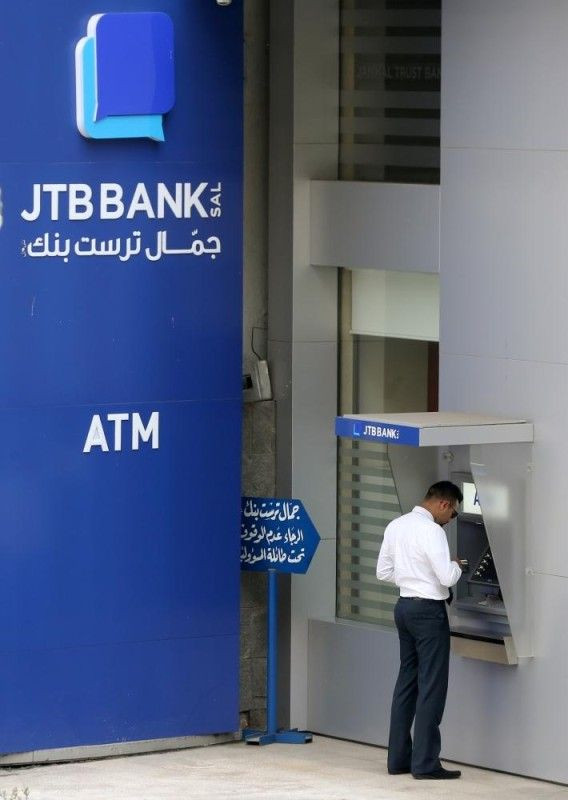The United States accused a small rural bank in Lebanon, the Jammal Trust Bank (JTB) in Ashrafieh, of making banking activities possible for the Iran-backed Shia Islamist political party and militant group, the Hezbollah.
Since the bank got added to the list of terrorist financiers last week, JTB with 80,000 customers, is to be sold or liquidated after US sanctions got applied to it.
The bank got cut off from its corresponding US bank and cannot access dollars.
Verifying this fate is economist Jassem Ajaka who said that even if deposits are under the guardianship of the central bank, JTB cannot transfer money any more making almost all banking activities impossible.
This will lead to nothing but the bank getting either liquidated or sold.
The accusation towards the bank came as a surprise to Lebanon's banking sector nonetheless to ex-minister and bank director Marwan Kheireddine.
The Lebanese government was also helpless to react.
A retired politician with links to the US administration said this inaction is because of fear of being the next one accused of having ties with Hezbollah.
Lebanese leaders, however, voiced out their concern that by targeting banks, as part of the US increasing the financial pressure on the group which it considers a terrorist organization, the US will destabilize Lebanon which is already facing a financial crisis.
This isn't the first time the country's banking sector followed US decisions on sanctions that concern Hezbollah.
A big number of suspicious accounts got closed when US president Barack Obama was in office in 2015.
This JTB incident is eight years after the Lebanese Canadian Bank (LCB) got sold to the third biggest bank in Lebanon after the US accused it of money laundering and drug trafficking for Hezbollah.
LCB denied the charges the same way JTB denies the charges.
JTB was established in 1963 and is one of the few Shiite Muslim-owned banks in a mostly Christian and Sunni family-dominated sector in Lebanon.
Since the 1980s, it has a "long history of microcredit programs that have embraced the unbanked."
Getting deposits from "an otherwise underserved segment," according to JTB, enabled them to open between two to three branches yearly in areas that other banks wouldn't put a branch on.
This strong presence in the rural Shiite community raised suspicions from the US because of Hezbollah's influence among Lebanese Shiites.
The US Treasury accused JBT and many of the bank's branches of ties with Hezbollah as far back as the mid-2000s.
The US Treasury says the bank "knowingly facilitates the banking activities of US-designated entities openly affiliated with Hezbollah, Al Qard Al Hassan and the Martyrs Foundation" including the bank giving services as part of Hezbollah's Executive Council.
Though clients of other small Shiite banks have started transferring their accounts to non-Shiite banks, this is still risky.
Banks do a thorough background check for new accounts for fear of ending up like JTB or LCB.
Political analyst Imad Salamey says Shiite money may get pushed off the formal banking system.
This means that financial institutions cannot monitor any Shiite money transactions "giving more leeway to Hezbollah."






